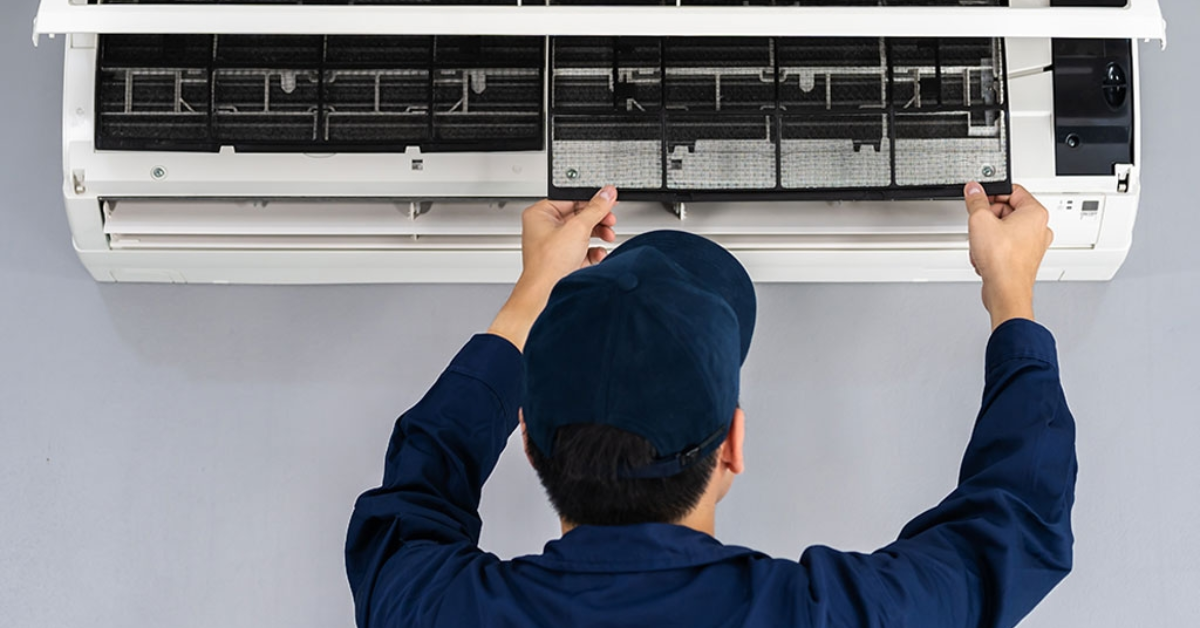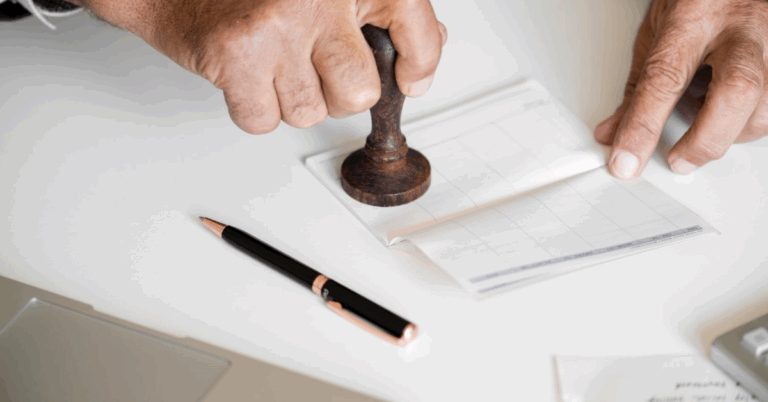Staying Cool in Singapore: Everything You Need to Know About Aircon Repair
Living in Singapore means embracing the tropical heat all year round. With temperatures consistently hovering around 30°C and humidity levels that can feel overwhelming, air conditioning isn’t just a luxury—it’s a daily necessity. That’s why Aircon Repair is such an essential service in Singapore, keeping homes, offices, and commercial spaces cool, comfortable, and healthy.
Air conditioners work hard to keep up with the local climate, and over time, even the best systems start to show signs of wear. Whether it’s a loss of cooling efficiency, strange noises, or water leakage, these issues can’t be ignored. Timely repairs not only restore comfort but also prevent small problems from turning into costly breakdowns.
Why Aircon Units Break Down in Singapore
Singapore’s climate plays a significant role in the wear and tear of air conditioning systems. Unlike countries with seasonal cooling needs, air conditioners in Singapore often run all day, every day. This constant use puts immense pressure on components like compressors, fans, filters, and thermostats.
Other common factors contributing to breakdowns include:
-
Poor ventilation around the outdoor unit
-
Dust and dirt buildup, which clogs filters and coils
-
Irregular servicing, leading to undetected faults
-
Electrical surges that can damage circuits and sensors
Understanding the reasons behind breakdowns is the first step to recognizing when aircon repair might be needed.
Signs Your Aircon Needs Repair
Air conditioners don’t just stop working without warning. They usually give subtle (and sometimes not-so-subtle) signs that something isn’t right. Here are some of the most common indicators that your unit might need attention:
1. Weak or Warm Airflow
If your aircon isn’t blowing cold air or the airflow feels weak, it could point to issues like a malfunctioning compressor, a dirty filter, or even a refrigerant leak. These problems usually worsen over time, so early intervention is key.
2. Strange Noises
Clicking, grinding, or buzzing noises aren’t just annoying—they’re your unit’s way of saying, “Something’s wrong.” From loose screws to failing fan motors, unusual sounds should never be ignored.
3. Water Leaks
Water dripping from your indoor unit may suggest a blocked condensate drain, broken pump, or frozen evaporator coil. In Singapore’s humid environment, leaks can lead to mold growth and water damage quickly.
4. Foul Odors
A musty smell often points to mold or bacterial growth inside the unit, especially in systems that haven’t been cleaned in a while. This not only reduces air quality but can trigger allergies or breathing issues.
Choosing the Right Aircon Repair Company in Singapore
With so many service providers out there, finding the right team for aircon repair in Singapore can feel overwhelming. But by focusing on key traits, you can easily separate the professionals from the amateurs.
Experience and Brand Expertise
Choose companies with proven experience in repairing units from various brands like Daikin, Mitsubishi, Panasonic, and LG. Experienced technicians can quickly diagnose and resolve issues specific to each brand.
Transparent Pricing
A trustworthy service provider will offer transparent pricing with no hidden charges. Get a quote before any work begins, and make sure you understand what’s included.
Certified Technicians
Look for licensed, BCA-certified technicians who are trained in handling refrigerants, electrical components, and safety protocols.
Emergency and Same-Day Repairs
In Singapore’s heat, waiting several days for a repair isn’t practical. Many top service providers offer same-day or emergency repairs—especially useful for businesses or families with children and elderly members.
What Happens During a Typical Repair Visit?
An aircon repair session typically follows these steps:
-
Inspection: The technician checks the unit’s exterior, filters, wiring, and overall performance.
-
Diagnosis: Tools are used to test for gas pressure, electrical faults, or mechanical wear.
-
Repair Work: Depending on the issue, this could involve replacing parts, cleaning components, or fixing leaks.
-
Testing: Once repairs are complete, the system is tested to ensure it’s cooling properly and operating safely.
Most repair jobs can be completed in under two hours unless major parts need to be replaced.
How Much Does Aircon Repair Cost in Singapore?
The price of repairs can vary depending on the complexity of the problem, the type of system (split, cassette, or central), and the cost of any replacement parts. On average:
-
Minor repairs (e.g., thermostat or capacitor replacement): $60–$120
-
Gas top-up (R22 or R410A): $80–$180
-
Major part replacement (e.g., compressor or fan motor): $200–$500+
Always ask for a detailed invoice and warranty information after the repair is done.
Can Repairs Be Prevented?
Absolutely! While no system is immune to wear and tear, regular maintenance can prevent most serious issues. Here’s how:
-
Schedule servicing every 3–6 months
-
Clean or replace filters regularly
-
Keep the outdoor unit clear of obstructions
-
Use energy-saving settings to reduce strain
Some companies offer service packages that include routine maintenance, discounted aircon repair fees, and priority support. These packages are ideal for households and businesses looking to minimize downtime and cost.
Repair or Replace? How to Decide
There comes a point when repairing your old aircon no longer makes sense. Consider replacement if:
-
Your unit is over 8–10 years old
-
Repairs cost more than half the price of a new system
-
Efficiency has dropped significantly, raising your power bills
-
You’ve had to call for repairs multiple times in the last year
While a new unit may require upfront investment, it could save money in the long term with lower energy bills and fewer issues.
Final Thoughts
In a city where comfort is non-negotiable, aircon repair is a service every Singaporean will eventually need. Recognizing the signs of a failing unit, choosing a reliable technician, and investing in preventive care can keep your air conditioning running smoothly for years to come.







